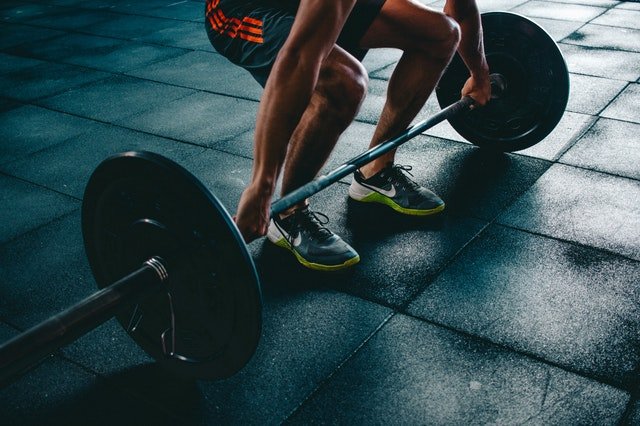
Someone dies as a result of physical inactivity somewhere in the world every 10 seconds—3.2 million people a year, according to the World Health Organisation (WHO).
From the age of 50, there is a gradual decline not just in physical activity but also in cognitive abilities since the two are correlated.
But which of them influences the other? Does physical activity impact the brain or is it the other way around?
In a new study, researchers found that cognitive abilities ward off inactivity much more than physical activity prevents the decline in cognitive abilities.
This means we need to prioritize exercising our brains.
The research was conducted by a team from the University of Geneva (UNIGE) and elsewhere.
The team used a database of over 100,000 people aged 50 to 90 whose physical and cognitive abilities were measured every two years for 12 years.
Earlier studies based on the correlation between physical activity and cognitive skills postulated that the former prevents the decline of the latter.
The current researchers tested the two possible options formally.
They found that cognitive capacities mainly influence physical activity and not vice versa, as the literature to date had postulated.
The team says it’s a virtuous cycle since physical activity also influences cognitive capacities. But, in light of these new findings, it does so to a lesser extent.
From the age of 50, the decline in physical and cognitive abilities is inevitable. However, these results indicate that, contrary to what was once thought, if we act first on our cognitive skills, we can slow the decline of this virtuous circle.
This study backs up the theory that the brain has to make a real effort to get out of a sedentary lifestyle and that by working on cognitive capacities, physical activity will follow.
One author of the study is Boris Cheval, a researcher at UNIGE’s Swiss Centre for Affective Sciences (CISA).
The study is published in the journal Health Psychology.
Copyright © 2020 Knowridge Science Report. All rights reserved.



